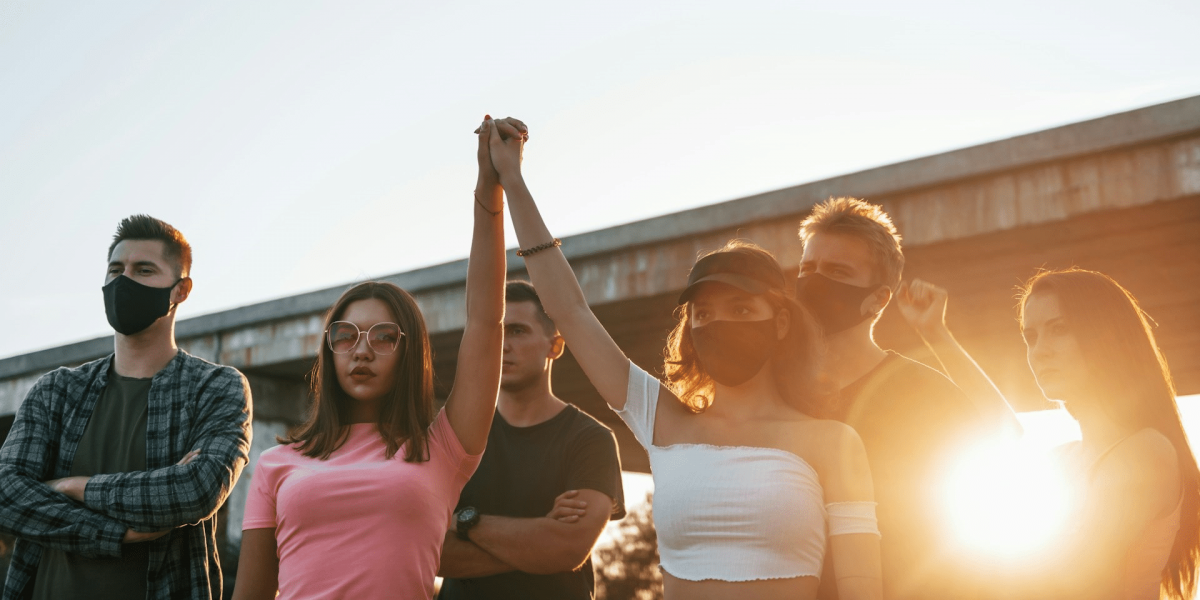Civil rights and social justice movements have played a pivotal role in shaping societies around the world, advocating for equality, fairness, and human rights for marginalized communities. From the civil rights movement in the United States to the global fight against apartheid in South Africa, these movements have sparked significant social change and progress. In this comprehensive overview, we’ll explore the history, key players, and impact of civil rights and social justice movements, highlighting their ongoing relevance in today’s world.
Defining Civil Rights and Social Justice Movements
Civil rights movements are grassroots campaigns and initiatives aimed at securing legal and social rights for marginalized and oppressed groups within society. These movements seek to address systemic inequalities and discrimination based on factors such as race, ethnicity, gender, sexual orientation, disability, and socioeconomic status. Social justice movements, on the other hand, advocate for broader societal change to address systemic injustices and promote equality, fairness, and human dignity for all individuals, regardless of background or identity.
Historical Context: The Civil Rights Movement in the United States
The civil rights movement in the United States is one of the most well-known and impactful social justice movements in history. Emerging in the mid-20th century, the movement sought to end racial segregation and discrimination against African Americans and secure equal rights under the law. Led by prominent figures such as Martin Luther King Jr., Rosa Parks, and Malcolm X, the movement employed nonviolent protests, legal challenges, and grassroots organizing to challenge segregation laws and promote civil rights legislation, culminating in landmark victories such as the Civil Rights Act of 1964 and the Voting Rights Act of 1965.
Global Impact: The Fight Against Apartheid in South Africa
Beyond the United States, civil rights and social justice movements have had a profound impact on societies around the world. One notable example is the anti-apartheid movement in South Africa, which mobilized against the country’s system of racial segregation and oppression. Led by figures such as Nelson Mandela, Desmond Tutu, and Steve Biko, the movement employed a variety of tactics, including boycotts, strikes, and international advocacy, to pressure the South African government to dismantle apartheid and establish a multiracial democracy. The eventual end of apartheid in 1994 marked a significant victory for the global struggle for human rights and social justice.
Contemporary Movements: Fighting for Equality and Justice Today
While significant progress has been made in advancing civil rights and social justice over the years, many challenges remain, and new movements continue to emerge to address them. In recent years, movements such as Black Lives Matter, #MeToo, and LGBTQ+ rights advocacy have gained prominence, drawing attention to issues such as police brutality, sexual harassment and assault, and discrimination based on sexual orientation and gender identity. These movements have sparked important conversations, mobilized communities, and prompted calls for meaningful policy reforms and societal change.
Intersectionality: Recognizing the Interconnectedness of Oppressions
An important concept within civil rights and social justice movements is intersectionality, which acknowledges that individuals may experience multiple forms of oppression simultaneously based on intersecting identities and social categories. For example, a black woman may face discrimination not only based on her race but also her gender, resulting in unique challenges and experiences that cannot be fully understood or addressed through a single-axis framework. Intersectionality emphasizes the importance of addressing the interconnected nature of oppressions and centering the voices and experiences of marginalized individuals within social justice advocacy.
The Role of Allies and Solidarity
Effective social justice movements rely on the support and solidarity of allies from privileged or dominant social groups. Allies play a crucial role in amplifying marginalized voices, challenging oppressive systems, and advocating for systemic change within their own communities and institutions. By recognizing their privilege and using it to support and uplift marginalized communities, allies can help build a more inclusive and equitable society for all. However, it’s essential for allies to listen, learn, and follow the leadership of marginalized communities rather than seeking to dominate or control the movement.
The Ongoing Struggle: Challenges and Opportunities
While civil rights and social justice movements have achieved significant victories over the years, the struggle for equality and justice is far from over. Structural inequalities persist in areas such as education, employment, criminal justice, and healthcare, disproportionately impacting marginalized communities. Additionally, the rise of far-right extremism, white nationalism, and authoritarianism poses new threats to human rights and democratic values around the world. However, these challenges also present opportunities for collective action, solidarity, and resistance against injustice.
A Call to Action
In conclusion, civil rights and social justice movements have played a vital role in advancing equality, fairness, and human rights for marginalized communities throughout history. From the civil rights movement in the United States to the global fight against apartheid in South Africa and contemporary movements for racial justice, gender equality, and LGBTQ+ rights, these movements have sparked significant social change and progress. As we reflect on the legacy of past struggles and confront the challenges of the present, it is incumbent upon all of us to continue the fight for a more just, inclusive, and equitable world. Whether through grassroots organizing, advocacy, allyship, or education, each of us has a role to play in building a society where all individuals are treated with dignity, respect, and compassion.









